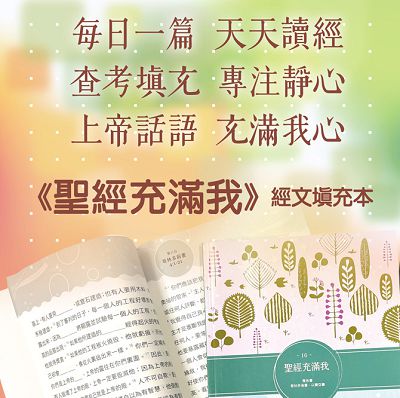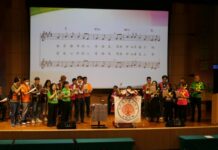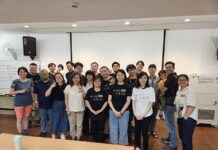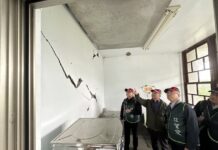3114 Edition
October 31-November 6, 2011Headline News
Indigenous youths use drama to highlight irony of Retrocession Day
Reported by Lin Yi-ying
Written by Lydia Ma
On October 25 of every year is Retrocession Day in Taiwan. This holiday commemorates October 25, 1945, which marked the end of 50 years of Ja儲存panese colonial rule of Taiwan. However, indigenous youths marked this year’s Retrocession Day with the satire “Whose Retrocession Day is this?”. The play speaks of how the KMT government who came to Taiwan not only took over all that Japan had taken from indigenous people, but also changed the names of many indigenous towns into names commemorating Sun Yat-sen and Chiang Kai-shek. Such a takeover essentially stripped indigenous peoples from their inheritance again – this time by the KMT.
“We want name rectification! We want Kuangfu (Retrocession) Township in Hualien to revert to its traditional indigenous name – Fata’an,” said Pangcah Amis Alliance youths Lisin Haluwey, Daong Cinceng Maibol, and Namoh Nofu, along with Mayaw Biho, an indigenous candidate for the national legislature.
To help the audience understand the plight of indigenous peoples, they designed a play with a character representing an indigenous and another character representing a Han Chinese (called Bai-lang) as the two tried to sort out what Retrocession Day was about.
Part of the play’s script goes like this:
Bai-lang: The Japanese stole your yam, so, they are the bad guys, right?
Indigenous: If you say so…
Bai-lang: And then, I helped you get back the yam the Japanese stole from you, so, I’m the good guy, right?
Indigenous: If you say so…
Bai-lang: So the Japanese took away your yam and I got it back for you. To thank me, it is only right that you give your yam to me, right?
Without waiting for a reply, Bailang snatches the yam from Indigenous and scurries off.
Growing up in “Retrocession” Township, Lisin Haluwey said the names of the schools in his town, as well as the main roads, were all changed when the KMT came to power to commemorate events such as Wuchang Uprising and Retrocession Day. It wasn’t until he grew older that he understood that “retrocession” was merely a façade to legitimize KMT appropriation of land.
Mayaw Biho explained that, for his people, their ancestral land were taken by the Japanese first and then by the KMT government. If the word “retrocession” means to cede or give land back to its owners, then, this holiday is an insult to indigenous people. Having said that, Mayaw Biho urged people to support a campaign to revert the names of some towns in Taiwan back to indigenous names and put an end to colonial names.






